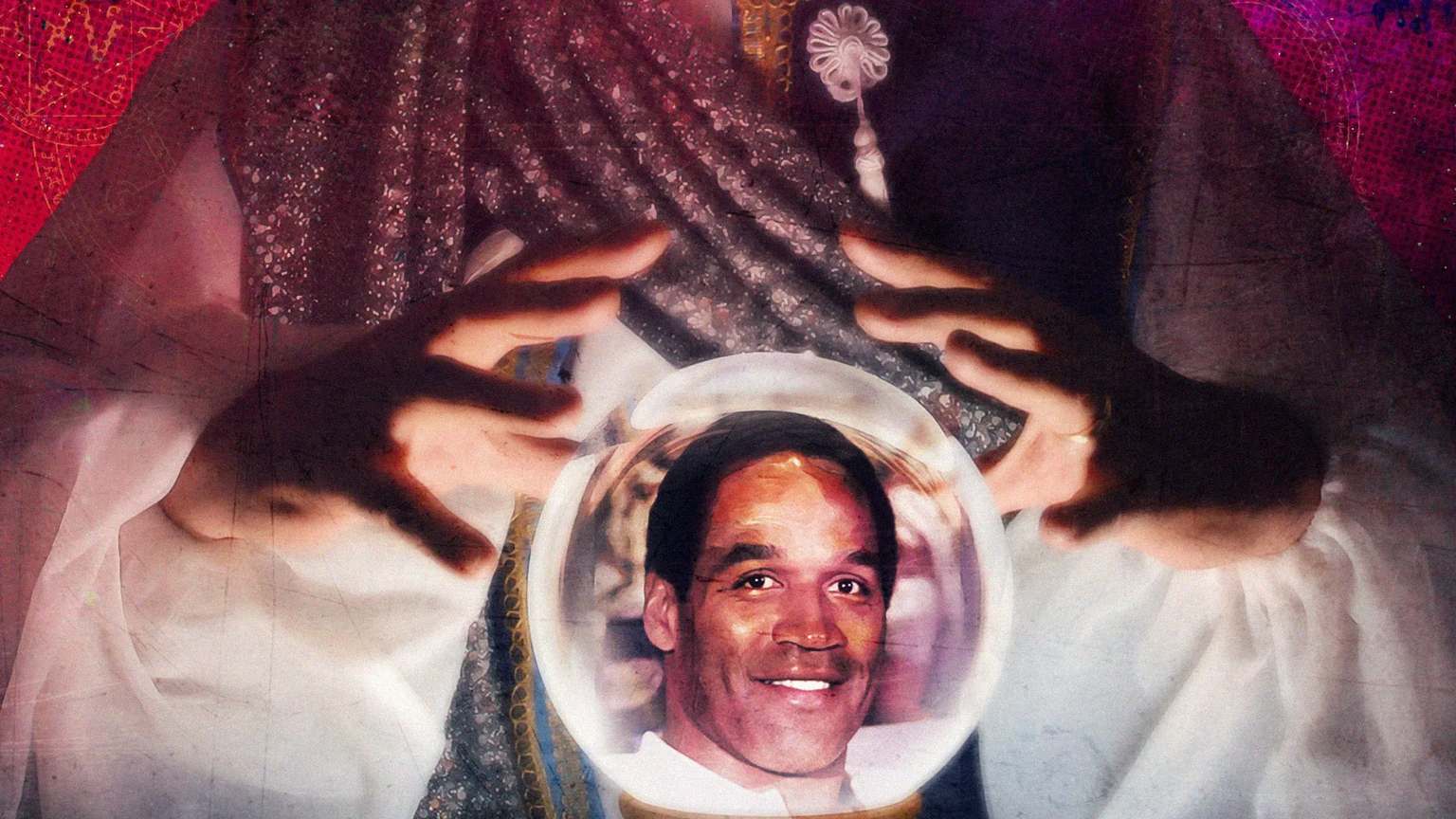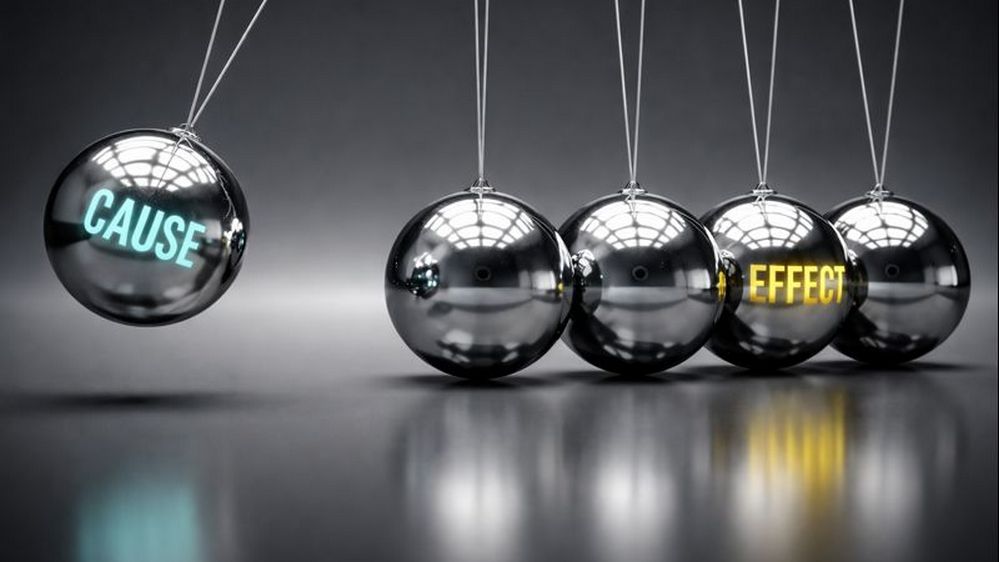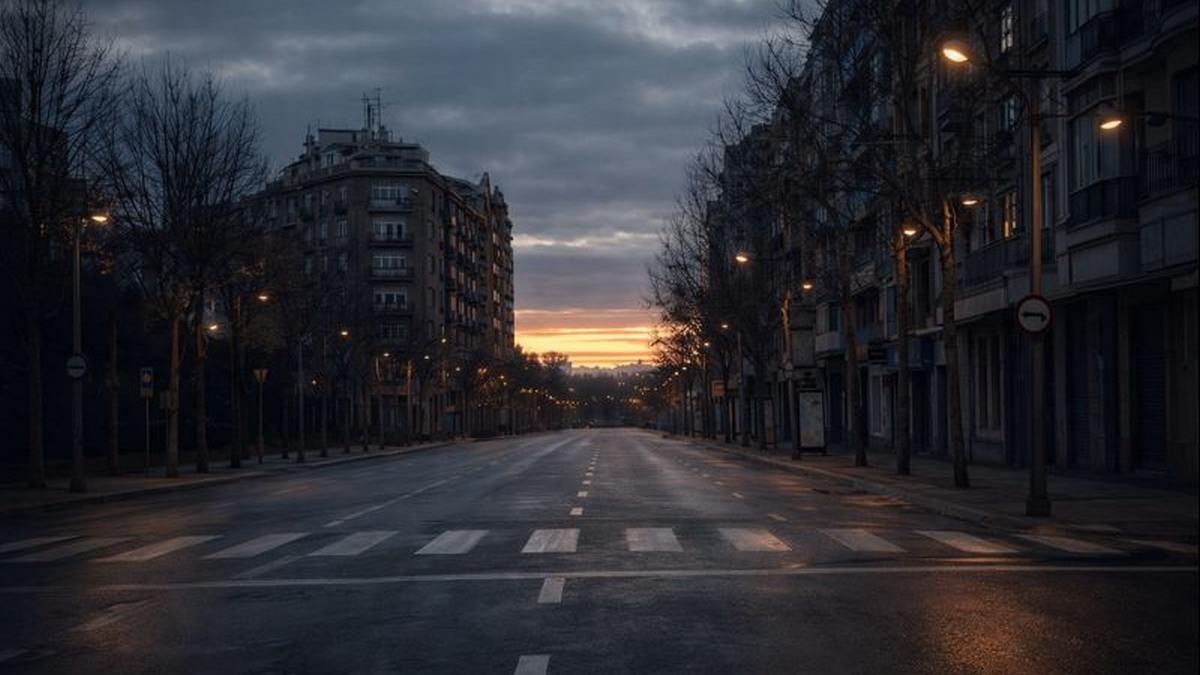In the hushed corners of cold case files and the shadowy margins of murder investigations, there exists a strange breed of detective.
They don’t carry badges. They don’t wield guns. Their toolkit includes tarot cards, pendulums, and a healthy helping of what skeptics call “woo-woo.”
Yet, time and time again, they’re called in when logic, science, and seasoned cops have hit a dead end.
Meet the psychic homicide detectives.
No, we’re not talking about people in trench coats who float above crime scenes chanting spells.
These are intuitives…clairvoyants, mediums, empaths…who say they can tune into the unseen. And while they may not be on the official payroll of your local precinct, they’ve been quietly working behind the scenes for decades, brought in by desperate families, overwhelmed detectives, or even open-minded sheriffs with a flair for the unconventional.
What Do They Actually Do?
Psychic detectives claim to access information beyond the five senses.
Some “see” visions…snapshots of the crime, the victim, or even the perpetrator. Others “feel” the emotions or final moments of a missing person.
A few use objects, like a photograph or a piece of jewelry, to channel their insights. There are even mediums who claim to communicate directly with the dead. They serve as ghostly middlemen between the murdered and the mortal.
Their job is not to solve crimes in the traditional sense but to offer clues: a location, a description, a name, or even an emotion.
A psychic might say, “She’s near water—something industrial, like a water treatment plant,” or “He had something red in his hand. A lighter? Maybe a toy?”
These cryptic puzzle pieces sometimes lead to breakthrough moments or sometimes to nowhere at all.
Who Actually Hires Them?
You might be surprised to learn that it’s not just grieving mothers and conspiracy theorists.
While law enforcement agencies rarely officially acknowledge working with psychics (because, let’s face it, “Detective Cleo” isn’t a great look on a police report), many individual officers have reached out to them over the years, particularly on cold cases.
And then there are private investigators, legal teams, and documentary producers…all looking for that elusive edge.
In some high-profile cases, psychics have even been featured on national television. They have even been called in to weigh in on unsolved mysteries with their signature brand of spiritual sleuthing.
However, families remain their most devoted clients.
When traditional methods have failed and years go by without closure, the promise (however slim) of insight from beyond is sometimes too alluring to ignore.
How Accurate Are They, Really?
Ah, the million-dollar question.
Ask a psychic detective and they’ll tell you their “hit rate” is pretty solid. Ask a statistician, and they’ll likely raise a skeptical eyebrow.
Still, there are documented cases where psychics have provided eerily accurate information.
In one notable instance, a psychic described the precise location of a missing woman’s body, including a landmark and a particular scent in the air, details later confirmed when the body was discovered.
In another, a medium described a suspect’s tattoo, which was later used as corroborating evidence.
Of course, there are just as many cases, probably more, where the psychic’s impressions led nowhere or muddied the waters.
And therein lies the controversy: even when they’re right, how do you separate psychic insight from a lucky guess, a good read of human behavior, or information gleaned subconsciously from media reports?
Skeptics argue that confirmation bias and desperation are at play. Believers say it’s a form of perception science can’t yet explain.
Either way, the fact that so many people continue to consult them suggests they’re offering something the world still wants…maybe not hard evidence, but hope.
Why Are They Still Hired?
Because desperation is timeless.
When you’ve exhausted the experts, the DNA is degraded, the trail is cold, and the police have turned the file into a paperweight, sometimes a psychic is the only one still willing to look.
They bring something that standard investigations often lack: emotional connection. Where law enforcement sees a case number, the psychic sees a soul.
This human touch, whether real or imagined, can offer comfort to grieving families and sometimes jog memories, reveal patterns, or inspire new angles.
Also, let’s be honest: the dramatic flair doesn’t hurt.
A psychic’s involvement can revive interest in a long-dead case, especially in the age of true-crime podcasts and Netflix specials. A little mystique goes a long way in getting the public’s attention. And sometimes, that’s exactly what’s needed to shake something loose.
Where Are They Most Helpful?
Psychics tend to be most useful in cold cases or missing persons investigations, cases where emotional tension is high and leads have dried up.
When there’s nothing left to lose, a psychic’s unconventional approach can be a last-ditch effort.
They’re also frequent fliers in the world of “victim location” work.
That is, trying to pinpoint where a missing person’s remains might be found. Some use maps and pendulums. Others meditate and sketch.
If you’re thinking, “That sounds absurd,” remember: trained police dogs have also been used to sniff out decades-old graves. The line between science and instinct is thinner than we think.
And in rare cases, psychic impressions have led to actual arrests. However, you won’t often see those credited on the official paperwork.
So, Are They Real or Ridiculous?
That depends on whom you ask. To some, they’re charlatans capitalizing on grief. To others, they’re brave intuitives using gifts we don’t yet understand.
But maybe the point isn’t whether they’re “real.” Maybe the better question is: do they help?
For the families who get a sliver of peace or a renewed sense of purpose, the answer might be yes. And for the rest of us? Well, it makes for a hell of a story.
Whether you believe in psychic powers or not, one thing is clear: murder mysteries don’t always unfold by the book. Sometimes, it takes a little mystery to solve a mystery.
So next time you see a detective at a crime scene holding a photo and talking to the wind, don’t laugh too hard.
They just might be on to something.














